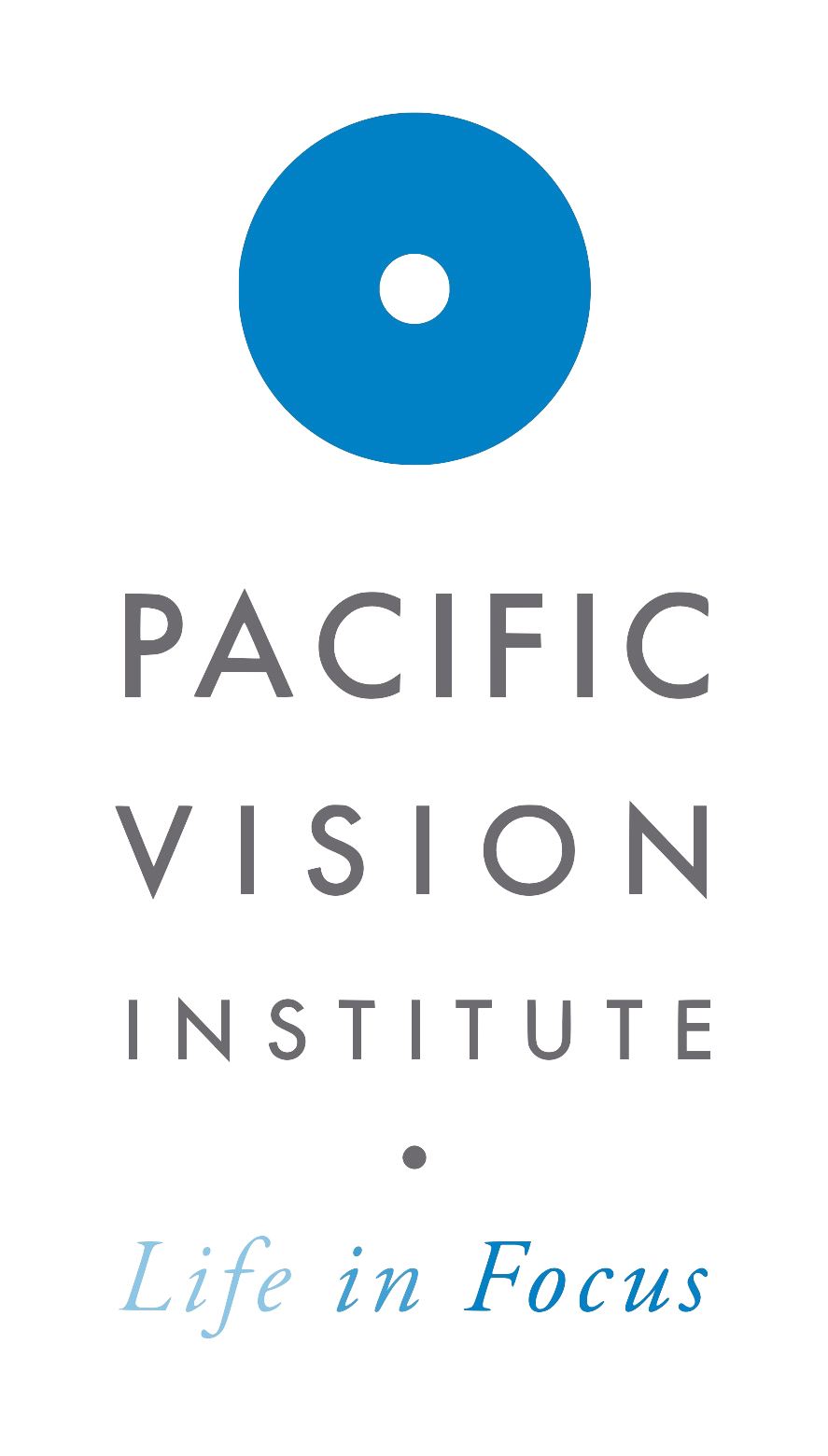5 Questions You Didn’t Think to Ask Your LASIK Surgeon
When preparing for LASIK surgery, you likely have questions. What are the most important questions to ask to evaluate your surgeon’s expertise? At Pacific Vision in San Francisco, asking the right questions ensures you’re making an informed decision about your vision surgery.
What Makes These Questions Important?
LASIK is a highly successful procedure with a long history of improving vision. More than 60 million LASIK procedures have been performed world-wide. Chances are you know someone who had it done and who is happy with their results. But what can you expect? How likely you will get the same result as your friend even if you go to the same surgeon? By asking these ten questions, you’ll gain clarity about the outcomes that you can expect.
Questions to Ask Your LASIK Surgeon
- How do you select the treatment that is entered into the laser?
There are two main ways to program the excimer laser to reshape the cornea: Topography Guided (Contoura) or Wavefront Optimized. Wavefront guided may also be used, but it is older technology and is not commonly recommended anymore. The method that is used is determined by the surgeon after a variety of tests and measurements are taken. Contoura topography-guided treatment is complex and should be performed by surgeons who do it routinely with excellent, provable outcomes. - What are the treatment outcomes
What percentage of patients have BETTER than 20/20 vision? Most patients have the capacity to see 20/15 and even 20/10 vision after LASIK. To achieve that, many steps need to happen, including precise preoperative testing and refraction measurements, meticulous surgery performed by a corneal surgeon, outstanding laser engineers on site during surgery, and ongoing rigorous outcomes analysis needs to be performed by the surgeon. Who does the preoperative refractions? What is the end point they try to achieve? What are safeguards they use to prevent over and undercorrection? What type of corneal analysis is performed? ETM? ORA? Fluorescein staining for negative staining? Who tests the lasers and runs the lasers during the procedure? What are that person’s qualifications? Who tracks the outcomes? Is it in-house or 3rd party? - How do you use treatment outcomes to improve the future results?
The surgeon or their team should be able to explain what type of regression analysis formulas they use to analyze the outcomes.They should be able to explain the averages as well as standard deviations in the outcomes and how the results are used to optimize future results. - What is your enhancement rate?
More important than the enhancement rate, the surgeon should be able to tell you what refractive error they do enhancements for. If there are clauses in the enhancement policy stating that vision has to be 20/40 or worse, for example, or myopia -1D or worse, for example, this should not be satisfactory. Surgeon should be comfortable with and willing to do enhancements on small corrections to achieve vision improvement safely. - Did the surgeon even have disciplinary action by the medical board?
With modern SEO, disciplinary action by the medical board may not come up immediately during search of physician’s competency and safety. It does take an extreme infraction to be disciplined by a medical board even if it was done years ago. Here is the link of where a prospective patient can look up in there has been any disciplinary action against a surgeon: https://www.cdph.ca.gov/Programs/CID/DCDC/CDPH%20Document%20Library/Immunization/DisciplinedDoctorsList.pdf
Why These Questions Matter
These inquiries go beyond surface-level information, helping you gain confidence in your surgeon and the rest of the team. Understanding your surgeon’s expertise and the procedure’s specifics builds your confidence and ensures you are making the right choice for your vision. With advancements in LASIK technology, the treatments are customized and tailored to your specific needs. Asking detailed questions demonstrates your commitment to achieving the best possible outcome and helps you gauge the level of care, confidence and expertise you can expect.
Empower Your Vision Journey with Informed LASIK Choices at Pacific Vision
At Pacific Vision, we prioritize patient education and transparency, ensuring you feel comfortable and informed throughout your LASIK journey. By discussing your questions during a consultation, Dr. Faktorovich or Dr. Seibel can provide personalized insights and guide you toward the most suitable options. LASIK is an exciting opportunity to improve your vision and quality of life, but being fully informed ensures the best results. Schedule a consultation with Pacific Vision in San Francisco to learn more and take the first step toward a clearer future.

